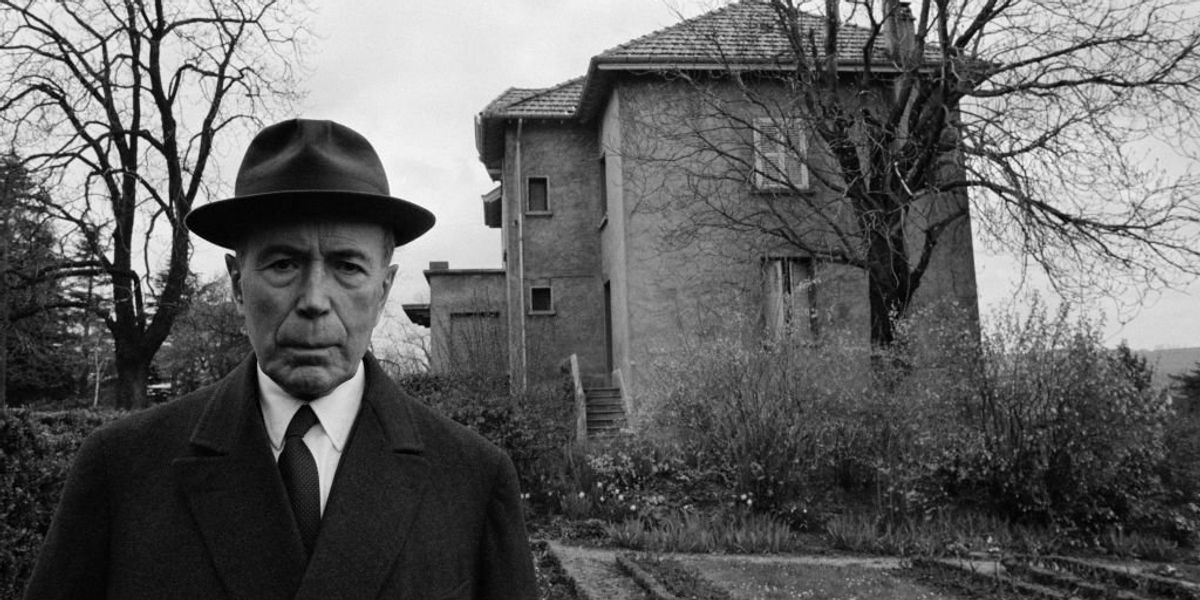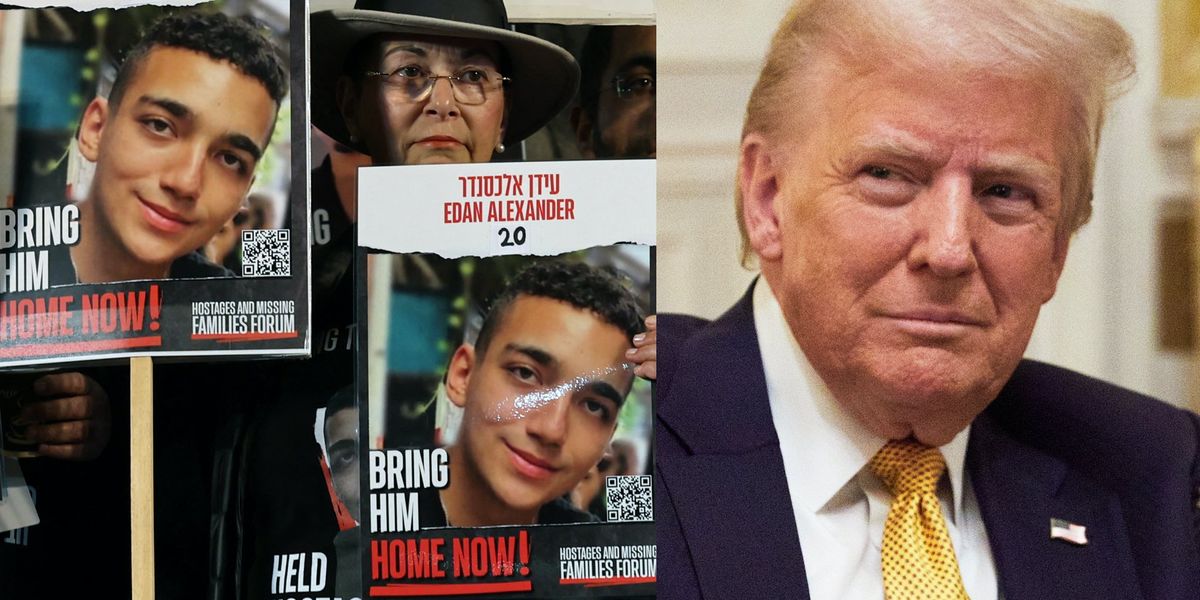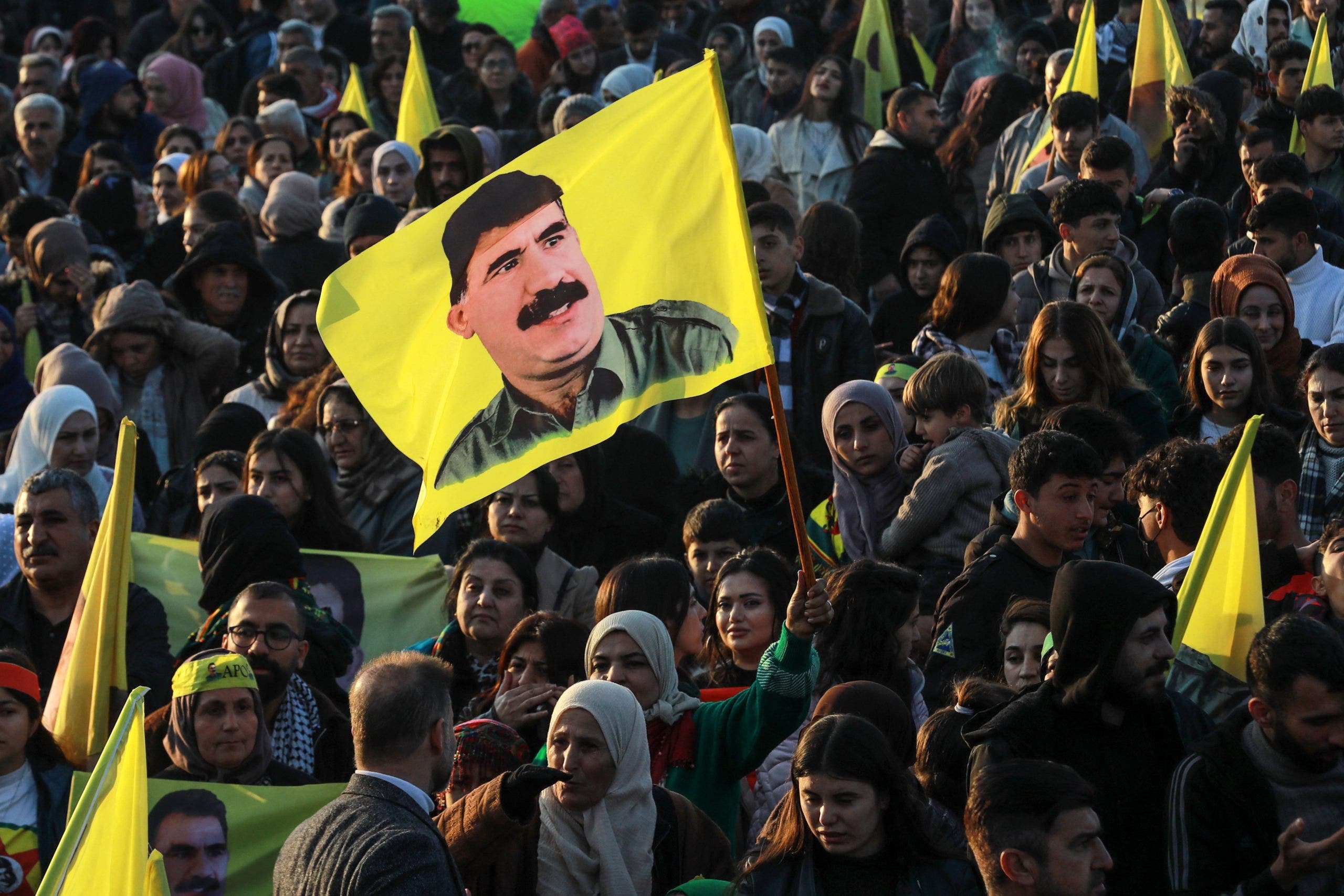Bilderberg recently announced plans to be more open and friendly to the press — but what about Le Cercle?
If Bilderberg is the shadowy conference everyone whispers about, Le Cercle is the one that doesn’t even make it into the conversation. For many readers, this may be the first time you’ve encountered the name.
To the elites steering Le Cercle, South Africa’s value as a geopolitical foothold outweighed the regime’s moral failings.
Founded in 1952, this corrupt cabal operates with a level of secrecy that makes the Bilderberg Group seem almost transparent by comparison. Smaller, spookier, and infinitely more secretive, Le Cercle has built its reputation as the dark corner of global power.
The hidden hand of global politics
An exclusive transatlantic network, conceived and cultivated by conservative European leaders, Le Cercle has operated quietly for well over 70 years.
Founded during the height of the Cold War, Le Cercle was established to unite Western elites and synchronize political and intelligence strategies across borders. Its creation was driven by the era’s pervasive fear of communist expansion and a determination to secure Western economic and military dominance.
Key figures such as Franz Josef Strauss, a vocal anti-communist from West Germany, and Antoine Pinay, a conservative former French prime minister, believed traditional diplomacy was inadequate to meet the threat. They saw covert coordination and strategic manipulation as essential tools in preserving Western hegemony.
In other words, to fight fire, they needed to start fires. To defeat the arsonists, they had to become pyromaniacs.
Over time, this network evolved into a powerful forum for shaping policy. Its members include influential politicians, diplomats, and intelligence operatives. Known for its strong connections to Western intelligence, including the CIA, Le Cercle’s biannual meetings operate under strict confidentiality.
These gatherings have drawn senior U.K. officials, including business secretaries and justice ministers, some of whom received financial support to attend. The group’s deliberately opaque funding only deepens the mystery, raising serious questions about who’s really pulling the strings — and why. But you don’t need a seat at the table to figure out the group’s motives are far from pure.
Supporting apartheid
One of the most troubling allegations against Le Cercle is its reported support for apartheid-era South Africa, a regime notorious for its brutal system of racial segregation.
This backing likely wasn’t rooted in racist ideology but in Cold War strategy. For Western powers, South Africa was a crucial ally in the fight against communism in Africa, and its apartheid policies were conveniently overlooked in favor of maintaining strategic dominance.
To the elites steering Le Cercle, South Africa’s value as a geopolitical foothold outweighed the regime’s moral failings. Apartheid wasn’t just a system of segregation — it was a machine of dehumanization. Black South Africans were stripped of their citizenship, forced into squalid homelands, and subjected to relentless state violence. Families were torn apart, dissent crushed, and entire generations were denied basic human dignity.
For Le Cercle to have propped up such a regime speaks volumes about the dark compromises made in the name of power.
Shaping the Cold War world
The group’s legacy is tightly bound to Cold War geopolitics, often serving as an extension of U.S. strategic interests. Its actions embodied the era’s prevailing belief that secrecy and subversion were necessary to maintain global dominance.
While NATO and the CIA handled operations more openly, Le Cercle remained behind the curtain, wielding tools like financial manipulation, disinformation, and clandestine military support. Leaked documents suggest it played a role in regime changes and election interference, not just in Western Europe but far beyond. Its shadowy operations were (and still are) aimed at destabilizing governments deemed too hostile to Western interests.
One of the most notable examples is its reported involvement in the downfall of Australia’s Gough Whitlam administration in 1975. Whitlam, a progressive reformer, had clashed with both the U.S. and U.K. over his push for greater national sovereignty, particularly in areas like foreign policy, intelligence, and economic independence. He had questioned the activities of the CIA and sought to close U.S. military bases on Australian soil, including the highly strategic Pine Gap facility.
Whitlam, a blend of Bernie Sanders’ progressive vision and Ron Paul’s anti-establishment defiance, quickly became a thorn in the side of Western powers. His refusal to toe the line and his open defiance of Cold War orthodoxy made him a threat — one that, in the eyes of his adversaries, needed to be removed. And removed he was. In 1975, his government was dismissed in an unprecedented move by the governor-general, an act widely believed to have been influenced by the CIA.
Latin Mass and Latin America
In the 1970s and 1980s, Le Cercle reportedly supported far-right regimes in Latin America, aligning itself with U.S. efforts to suppress leftist uprisings. It’s worth noting that the far right in Latin America during this period looked vastly different from the modern-day American far right; these regimes were defined by brutal military juntas, systemic torture, and widespread political assassinations — hardly something most people today would condone.
Le Cercle’s alleged role in Operation Condor — a covert campaign by South American dictatorships to eliminate political dissidents — stands out as particularly egregious. This brutal network of state terror, responsible for the abduction, torture, and murder of thousands, relied heavily on intelligence sharing and financial backing. Le Cercle’s suspected involvement in facilitating these operations highlights its readiness to act as a shadowy enabler of Cold War repression, even crossing ethical and legal lines to achieve its goals.
The group’s connections weren’t limited to Latin America. Le Cercle also maintained deep ties to the Vatican, a formidable player in Cold War geopolitics. The group exploited the Vatican’s global networks to push its anti-communist agenda, with some members linked to synarchist and ultraconservative factions within the Church. The group’s efforts blended religion with realpolitik, dressing up blatant political manipulation as righteous moral crusades.
Were these people doing God’s work? Well, if God’s work involves propping up juntas, funding death squads, and fostering fear in the name of stability, then perhaps. I’ll let you decide if this particular circle can ever be squared.
Read the full article here




![Viral Mama Bear Who Confronted Newsom Speaks Out, Calls Him an Irrelevant Liar [WATCH] Viral Mama Bear Who Confronted Newsom Speaks Out, Calls Him an Irrelevant Liar [WATCH]](https://www.rvmnews.com/wp-content/uploads/2025/01/2025.01.11-09.06-rvmnews-6782dd67c3364.jpg)
![MTG Reveals Her Senate Plans, Blasts GOP Elites in the Process [WATCH] MTG Reveals Her Senate Plans, Blasts GOP Elites in the Process [WATCH]](https://www.lifezette.com/wp-content/uploads/2025/05/2025.05.12-11.40-lifezette-6821de466f314.jpg)




